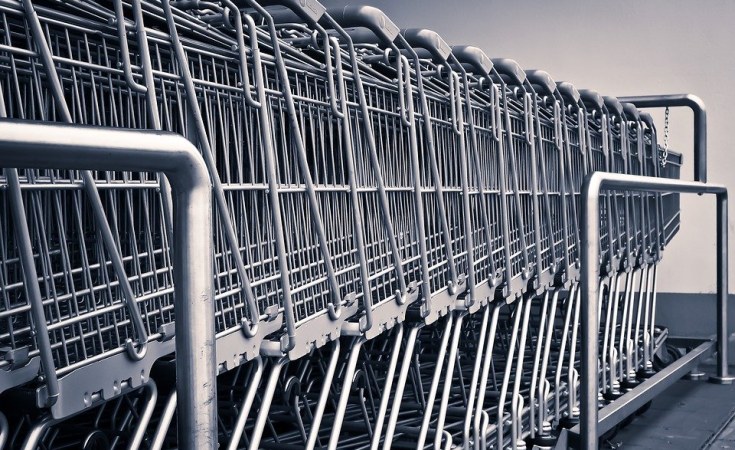The inflation fails to cool as energy prices continue to rise.
Nigeria's inflation rate rose for the 10th consecutive month in November to 21.47 per cent from 21.09 per cent recorded a month earlier amid a continuing increase in food and energy prices, the National Bureau of Statistics said Thursday.
The statistics office said the prices of goods and services, measured by the Consumer Price Index, increased by 21.47 per cent in November 2022 compared to the rate in November 2021.
The figure is 6.07 per cent points higher than the rate recorded in November 2021.
Nigeria's lingering fuel scarcity became worse in recent weeks as several filling stations have failed to sell petroleum products or have sold at high prices. The shortage has seen transport cost rise, thereby affecting goods and commodities.
In a sustained push to control inflation and ease pressure on the naira, the Central Bank of Nigeria in November raised its benchmark lending rate to 16.5 per cent.
On Thursday, NBS said that on a month-on-month basis, headline inflation rate in November 2022 was 1.39 per cent, 0.15 per cent higher than the rate recorded in October 2022 (1.24 per cent).
"This means that in November 2022, the general price level was 0.15 per cent higher relative to October 2022.
"The percentage change in the average CPI for the twelve months ending November 2022 over the average of the CPI for the previous twelve months period was 18.37 per cent, showing a 1.39 per cent increase compared to 16.98 per cent recorded in November 2021," it said.
The report noted that the increase in the monthly inflation rate can be attributed to the sharp increase in demand usually experienced during the festive season, the increase in the cost of importation due to the persistent currency depreciation and the general increase in the cost of production e.g increase in energy cost.
"On a year-on-year basis, in the month of November 2022, the urban inflation rate was 22.09 per cent, this was 6.17 per cent higher compared to the 15.92 per cent recorded in November 2021.
"On a month-on-month basis, the urban inflation rate was 1.50 per cent in November 2022, this was 0.16 per cent higher compared to October 2022 (1.33 per cent)," the report said.
Food Inflation
Food inflation rate in November stood at 24.13 per cent on a year-on-year basis, which was 6.92 per cent higher compared to the rate recorded in November 2021 (17.21 per cent).
The bureau said the rise in food inflation was caused by increases in prices of bread and cereals, oil and fat, potatoes, yam and other tubers, Food products n.e.c, and fish.
The report added that all items less farm produce" or core inflation, which excludes the prices of volatile agricultural produce, stood at 18.24 per cent in November 2022 on a year-on-year basis; up by 4.39 per cent when compared to 13.85 per cent recorded in November 2021.
The NBS said the highest increases were recorded in prices of gas, liquid fuel, passenger transport by air, vehicles spare parts, and solid fuel.


